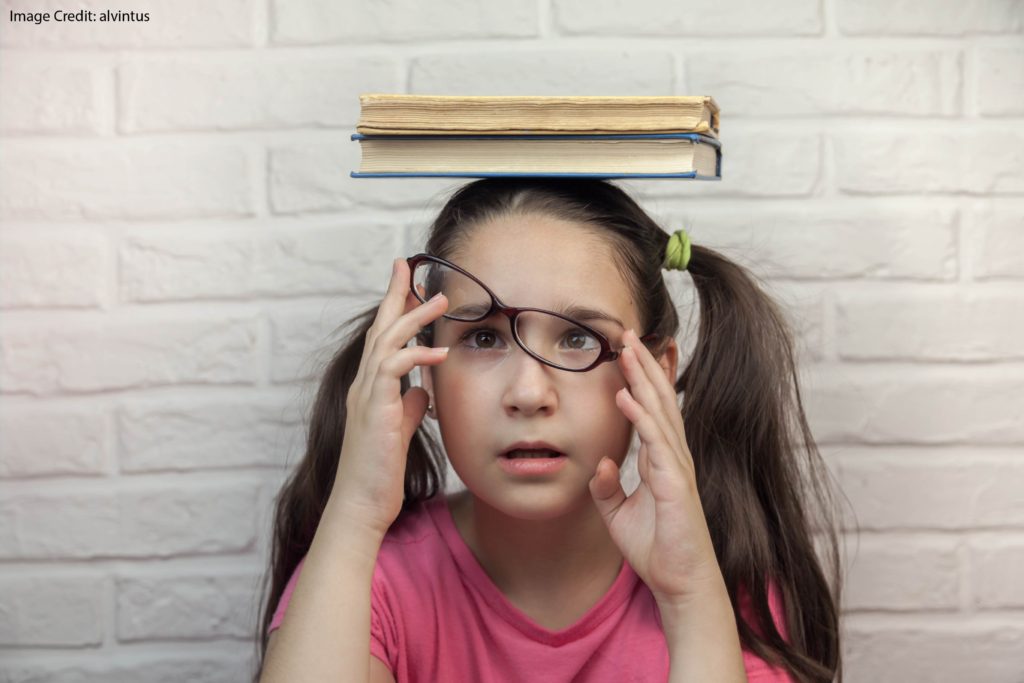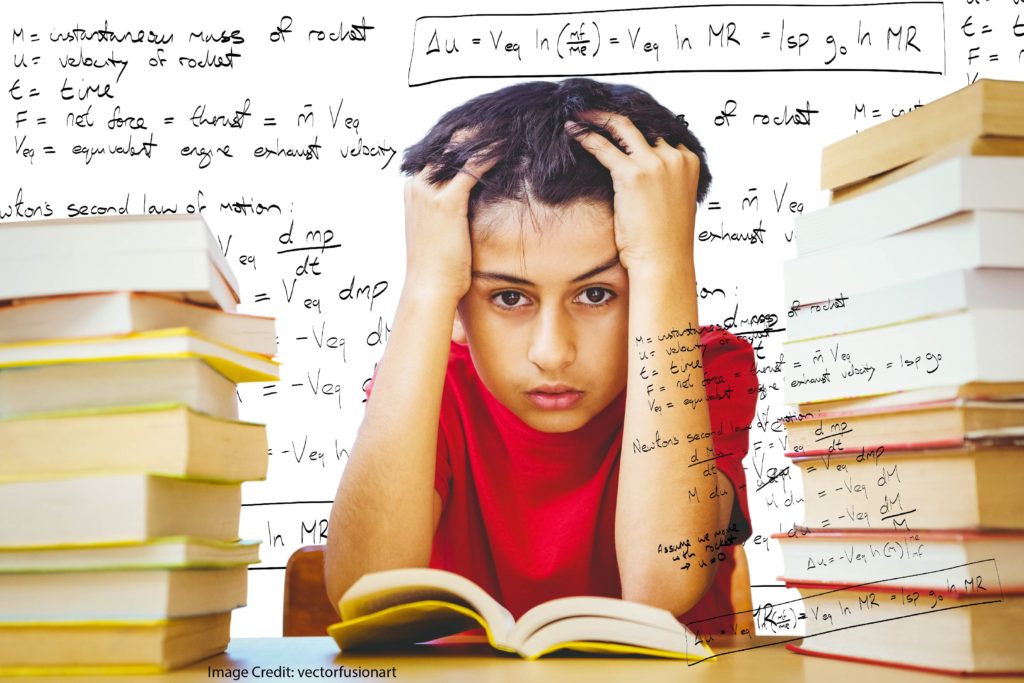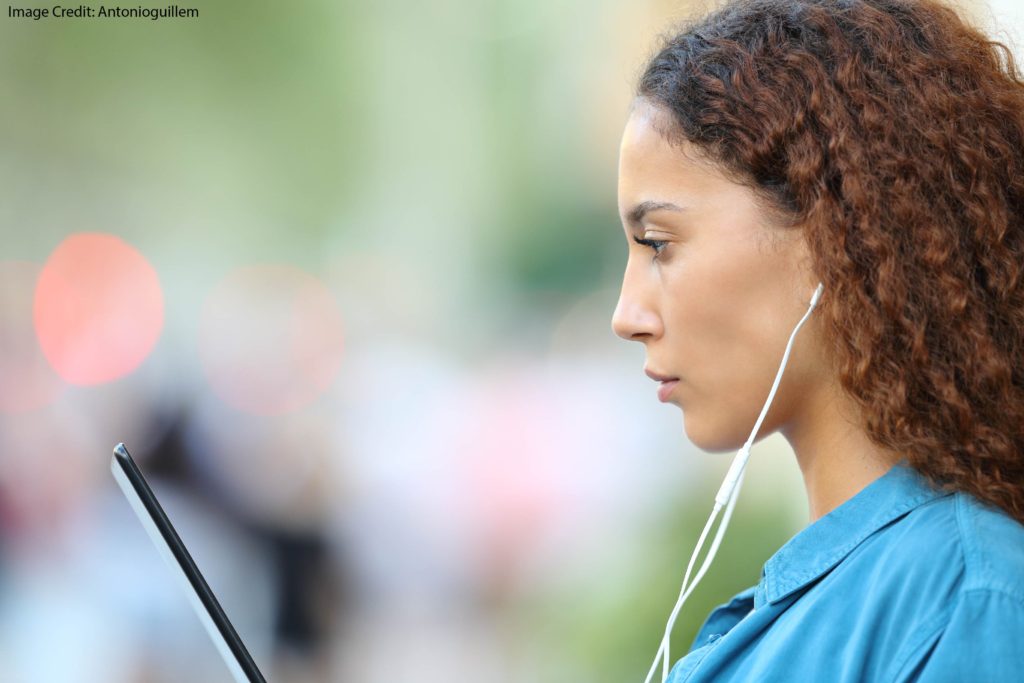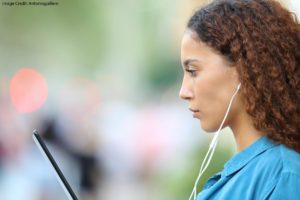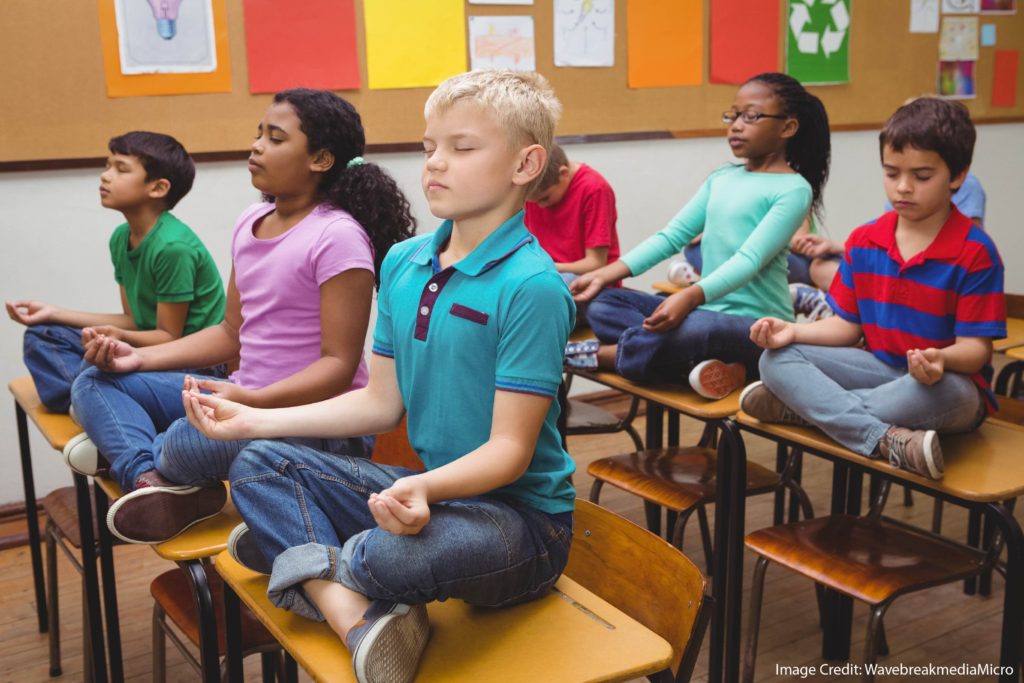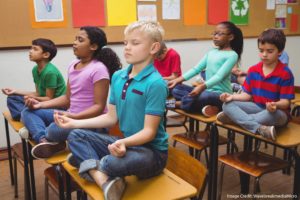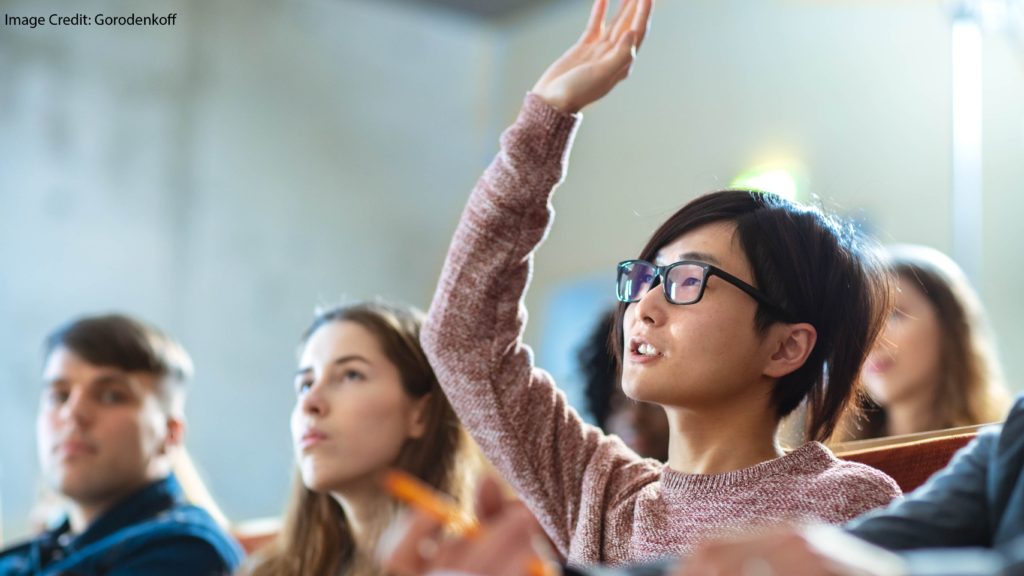I’m reading Tom Sherrington’s The Learning Rainforest: Great Teaching in Real Classrooms as I travel. Like many of his readers, I’m spending most of my time thinking a) that’s splendidly put, and b) why did it take me so long to start reading this book? It’s been on my “must read” shelf forever…
In brief, I heartily recommend it.
Sherrington opens the second section of Learning Rainforest with a plea for passionate teaching:
“Teach the things that get you excited about your subject. Read that special poem that gets you fired up, show that fascinating maths puzzle with the neat solution, enthuse about the extraordinary story, or talk about that cool exploding watermelon video.” (Yes: Sherrington is British, so he writes “maths” not “math.”)
Much of me wants to agree with this advice. Certainly I try to follow this guidance in my own teaching.
In the classroom, I regularly taught “difficult” texts—from Woolf to Morrison to Hopkins—because they move me so much. (Hopkins’s line “the just man justices” still makes shiver. Who knew “justice” could be a verb?)
And now that I do PD work with teachers, I’m always grateful to get feedback about my enthusiasm and verve.
In brief, I try to practice what Sherrington is preaching.
And Yet…
As I think about this advice, though, I can practice it but not endorse it.
Here’s why:
I think most teachers do our best work when we enter the classroom as our authentic selves.
That is: some teachers are indeed funny. They enliven their classes and their subject matter with puckish wit.
However, many people just aren’t funny. If I try to make my teaching funny because funny works for you, the falsity of that performance may well have dreadful results.
Other teachers have, say, a den-mothery warmth. They can soothe and comfort, and bathe their classrooms with gentle balm.
But: those of us who aren’t naturally soothing might not be able to pull off that act. The pretense would be more disconcerting than calming.
Still other teachers, as Sherrington suggests, are passionate, enthusiastic, and entertaining. Like Robin Williams in The Dead Poets’ Society, they leap about on desks and declaim in Laurence Olivier voices.
Like Sherrington (I imagine), they love showing videos of exploding watermelons. They “get fired up.” They “enthuse.”
And yet, again: some teachers just aren’t like that. Arm waving and zealous emotion simply doesn’t come naturally. As before, faking a teaching style that isn’t my own could backfire disastrously. The only thing worse that fake-funny is fake-enthusiastic.
An Example
In graduate school, one of my best professors taught with an almost studied blandness.
He sat at his desk, looking up occasionally from his notes. While he didn’t read directly from them, he was clearly tracking his outline closely. (We could tell, because his text-only PowerPoint slides often matched what he said, word-for-word.)
He rarely modulated his voice, and never (that I recall) cracked a joke.
And yet, he was fascinating.
Here’s why. First, he had a knack for explaining complex ideas with clarity and rigor. Even the most opaque topics seemed conspicuously clear once he’d explained them.
Second, he had a technique for answering questions that I’ve never seen before.
A student might ask: “What do we know about the impact of music lessons on very young children?”
He’d think for a minute, and then say:
“So, you’re asking if anyone has done a study where one group of three-year-old children had music lessons, and another group spent the same amount of time on an equally active task—maybe dance lessons.
And then, when we tested them on—let’s say—verbal fluency six months later, did those music lessons make any difference?
That’s an interesting question, and as far as I know, no one has done that study…”
In other words: he didn’t so much answer the question as describe how it might be answered by psychology research. (Of course, if such a study had been done, he’d tell us about it.)
After about a month, the questions in class started changing.
My classmates would raise their hands and ask, “Has anyone ever done a study where one group of six-year-olds told stories they made up, while another group read someone else’s story aloud…”
That is: we learned from this professor not only about various psychology topics, but also how to investigate psychology in the first place.
And, to repeat: there was nothing remotely enthusiastic about this class. And yet, this method was remarkably effective, and surprisingly compelling. I always looked forward to his lectures.
In truth, I can think of many excellent teachers whom you’d never describe as “passionate.”
Two Theories
So, if I can’t quite champion excitement as an essential teaching strategy, what would I offer in its stead?
As noted above, I think the first key is authenticity.
If you’re a funny teacher, be funny. If you’re awe-struck and enthusiastic, own that. But if you’re not, don’t try to fake it. Be yourself in the classroom, not a pretend version of another teacher.
The second key: aligning that authenticity with the deep purposes of education.
Here’s what I mean.
I think I’d be a terrible lawyer because, at my core, I hate conflict. My ethical obligation to advocate zealously on my client’s behalf would run smack into my deep desire for everyone to get along.
That is: my authentic self doesn’t really align with the deep purpose of lawyering.
However: teacherly enthusiasm certainly can align with our teacherly goals. We want students to love what they learn, and enthusiasm can go a long way to help them do so.
So too a sense of humor.
A den-mother’s warmth, likewise, might help students face academic rigors that would otherwise stress them out.
And, my professor’s deepest interest—his fascination with the design of psychology studies—lined up beautifully with his teaching goals. He wasn’t enthusiastic. But his authentic self absolutely helped us learn.
In Sum
Should you be worried if your teaching isn’t passionate? Not necessarily.
Should you worry if you’re not classroom-funny? Nope.
Do you need to answer all questions with hypothetical research designs? Heck no.
Should you worry if your authentic self doesn’t foster student growth and learning?
Absolutely.






